On August 6, 1960, Chubby Checker performed his rendition of “The Twist” on American Bandstand. His appearance on the popular television program set off a wave of wiggling hips across the country. Checker’s version of a song originally released by Hank Ballard and the Midnighters enjoyed tremendous chart success, making history as the only song to hit No. 1 two separate times.
Videos by American Songwriter
Yet, as pervasive as “The Twist” and its corresponding dance were in the early 1960s, Chubby Checker failed to break into the top ten post-1962. In a revealing and passionate interview with Lisa Torem in 2010, Checker (born Ernest Evans) offered his explanation for a career that struggled to make it out of the mid-20th century.
Chubby Checker Had Heartbreaking Reaction To Career Slump
Chubby Checker helped usher in one of the biggest dance crazes in U.S. history with his rendition of “The Twist” from 1960. He also popularized the Pony with his song “Pony Time” and the Limbo with the song “Limbo Rock.” Simply put, Checker was responsible for much of what was happening in dance halls and parties across the country in the early 1960s. But his ubiquity quickly faded in the second half of the decade, and 1962 would be the last year any of his releases would chart close to the top ten.
This steep downward slope was a source of deep pain for Checker, who cited racism in the music industry as a driving factor for his declining career. “Back when I was out there, my music was getting played from 6:00 until 12:00 at night,” Checker said in his 2010 interview with Lisa Torem. “The other 18 hours a day, I didn’t get any airplay for a long time. Think about it. Just think about airplay around the clock because I’m never going to be Rod Stewart. Never, ever, ever, ever. Why? It’s here. I’m not afraid to talk about it.”
Checker described another time when he had a leading role in a play called Conrad Birdie until a higher-up learned he was Black and fired him from the project. This cognitive dissonance between Checker’s cultural influence and the way the industry treated him weighed heavily on his heart. “I cried my heart out when I realized I had the biggest career in the world,” he admitted. “I cried my heart out when I couldn’t star over Paul Anka or Bobby Rydell or Frankie Avalon.”
Even His ‘American Bandstand’ Debut Is A Double-Edged Sword
When Chubby Checker first went on the American Bandstand to perform “The Twist” on August 6, 1960, it seemed as though the world was Checker’s oyster. But in hindsight—and perhaps even while it was happening—the rock ‘n’ roll singer felt like the television show didn’t appreciate all he had to offer. “Dick [Clark, show host] said one thing in my favor,” Checker said. “He said the three most important things that ever happened in the music industry were Elvis Presley, the Beatles, and Chubby Checker.”
As kind of a sentiment as that is, Checker felt like that’s where Clark’s mutual respect and support ended. The “Pony Time” singer said Clark never invited him back on the show, even for anniversary celebrations, and didn’t play his music on the radio. “I mean, I love him,” Checker said, “but he needs to know that. He said that I was next to Elvis and the Beatles, but he didn’t try to prove that by bringing me on. Just think if Dick Clark would have me on his shows, his New York rock and roll shows, how much more money I would have made in my lifetime.”
“How can you forget about it?” He insisted. “I’m overlooked. You made me the man that I am. But for God’s sake, I helped you be the man that you are. But why? I honor you. You never honor me. I’m almost as famous as pretzels, but I’ve been overlooked. All the fame I’ve had without the advantage of hearing my music. Can you imagine? If you heard my music, along with my fame, do you know where I would be today? Amazing.”
Photo by Michael Ochs Archives/Getty Images

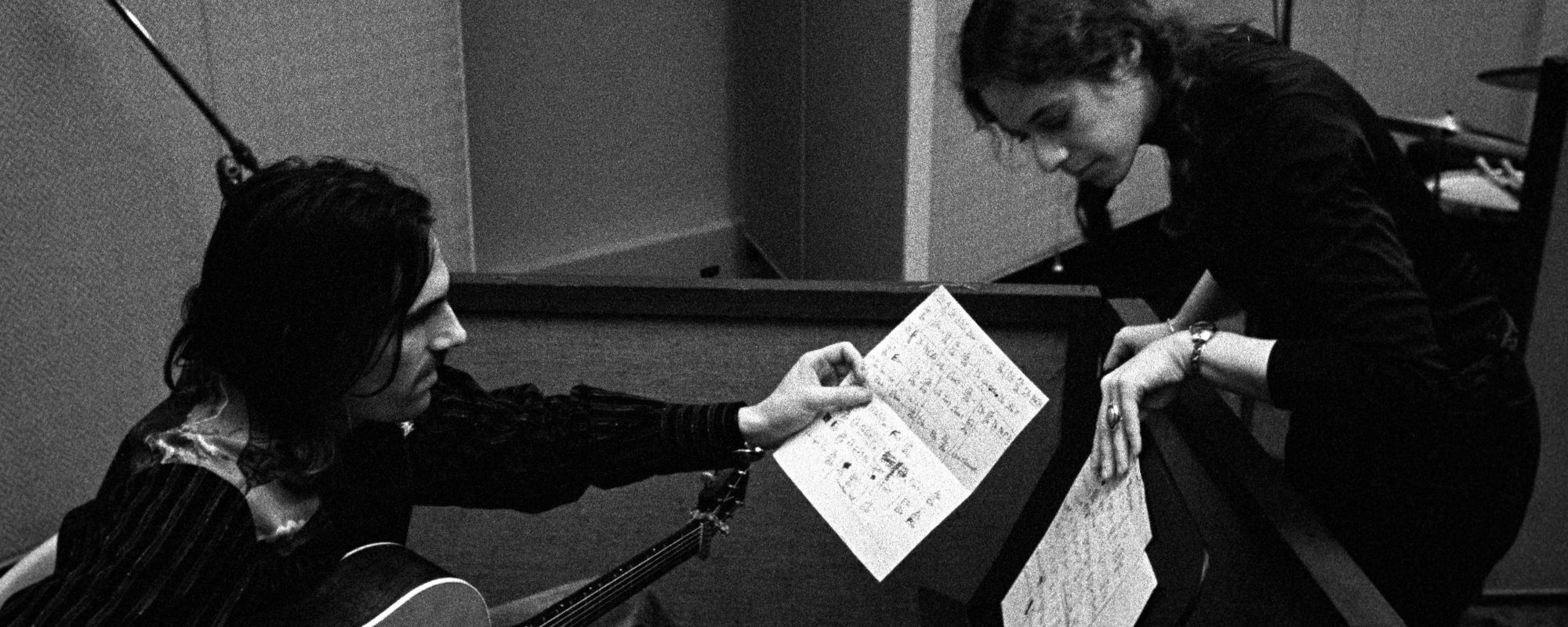
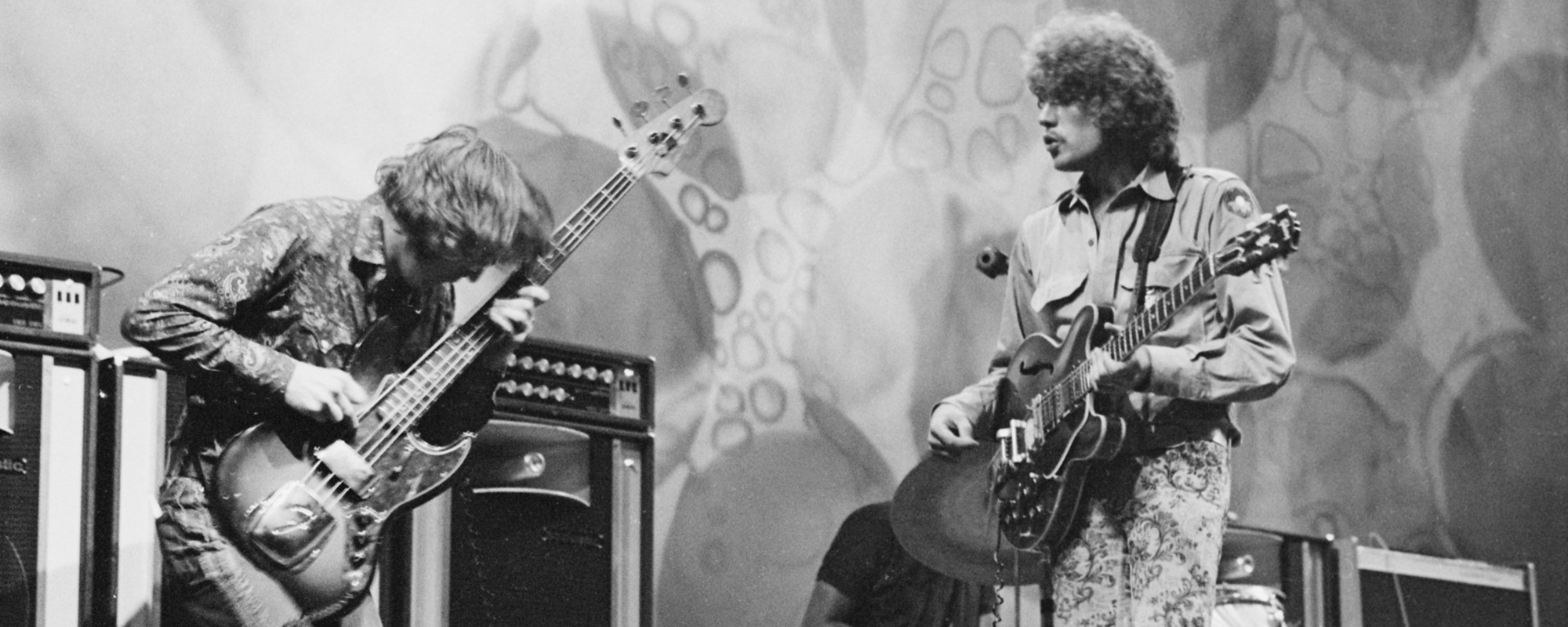
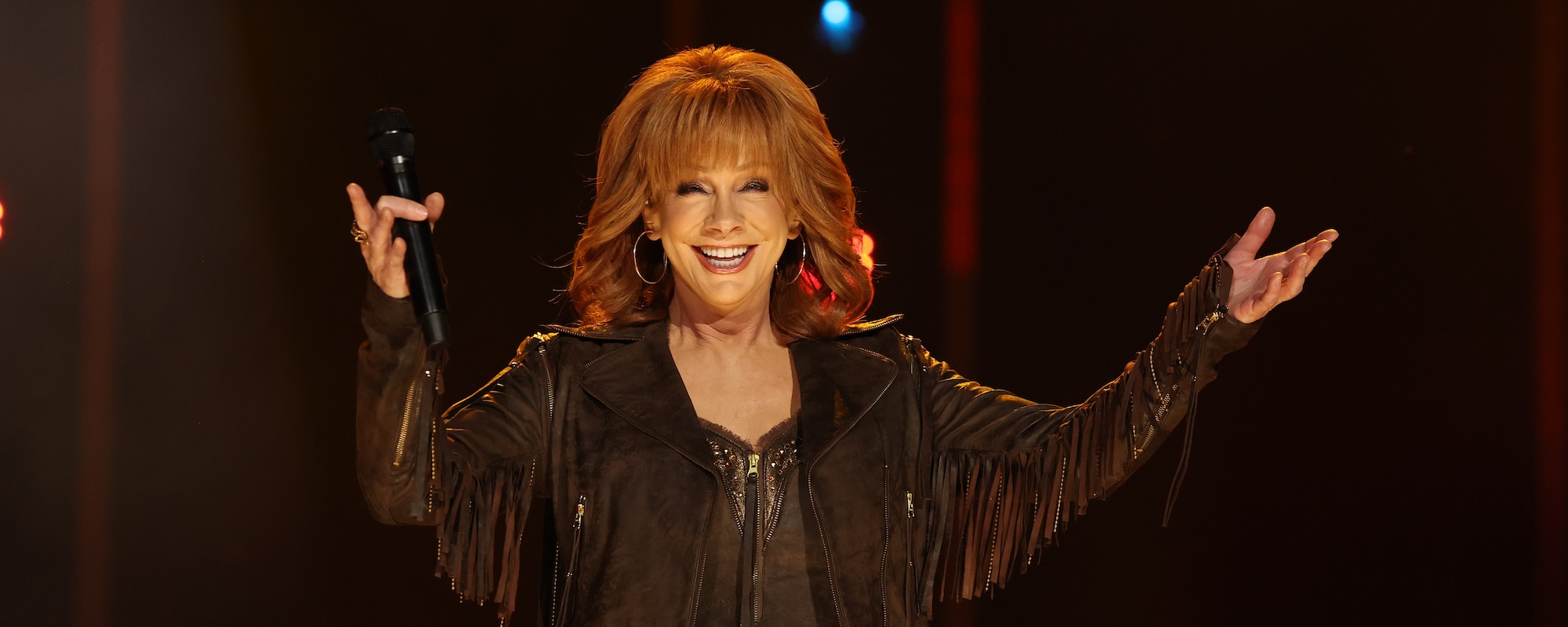
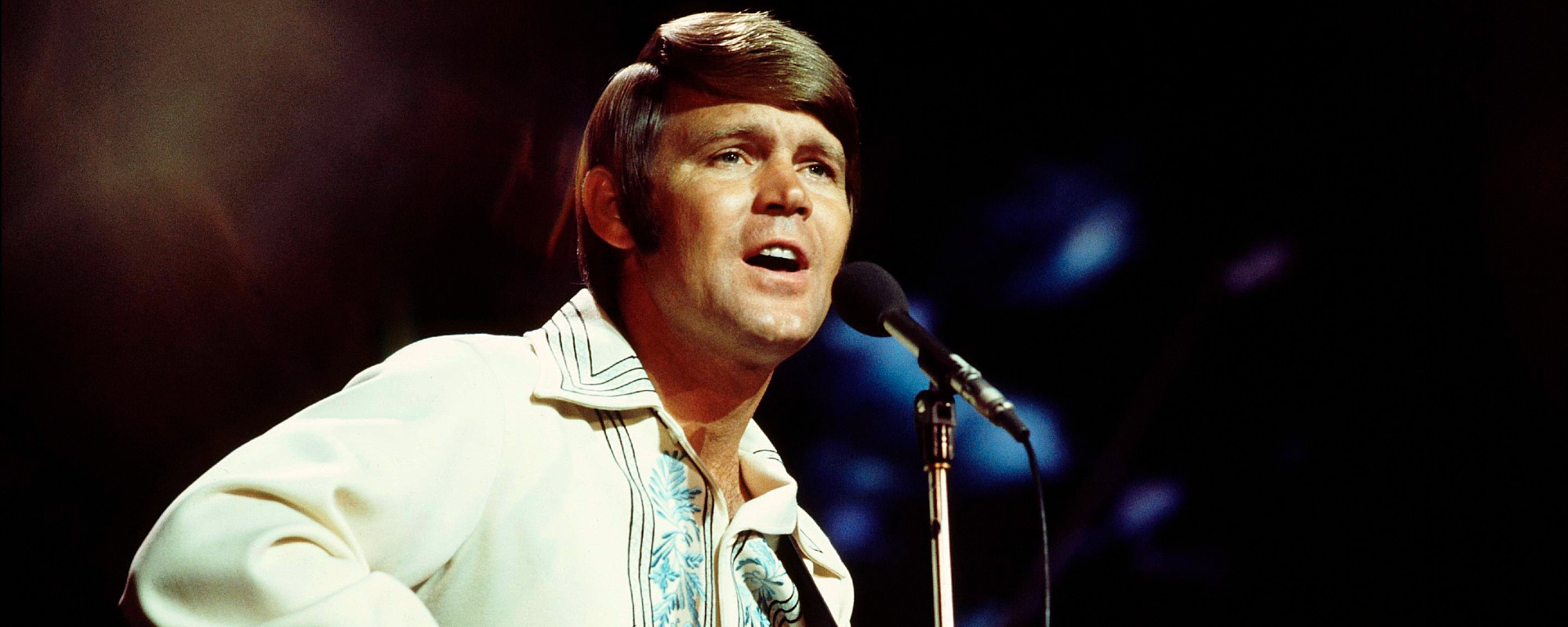
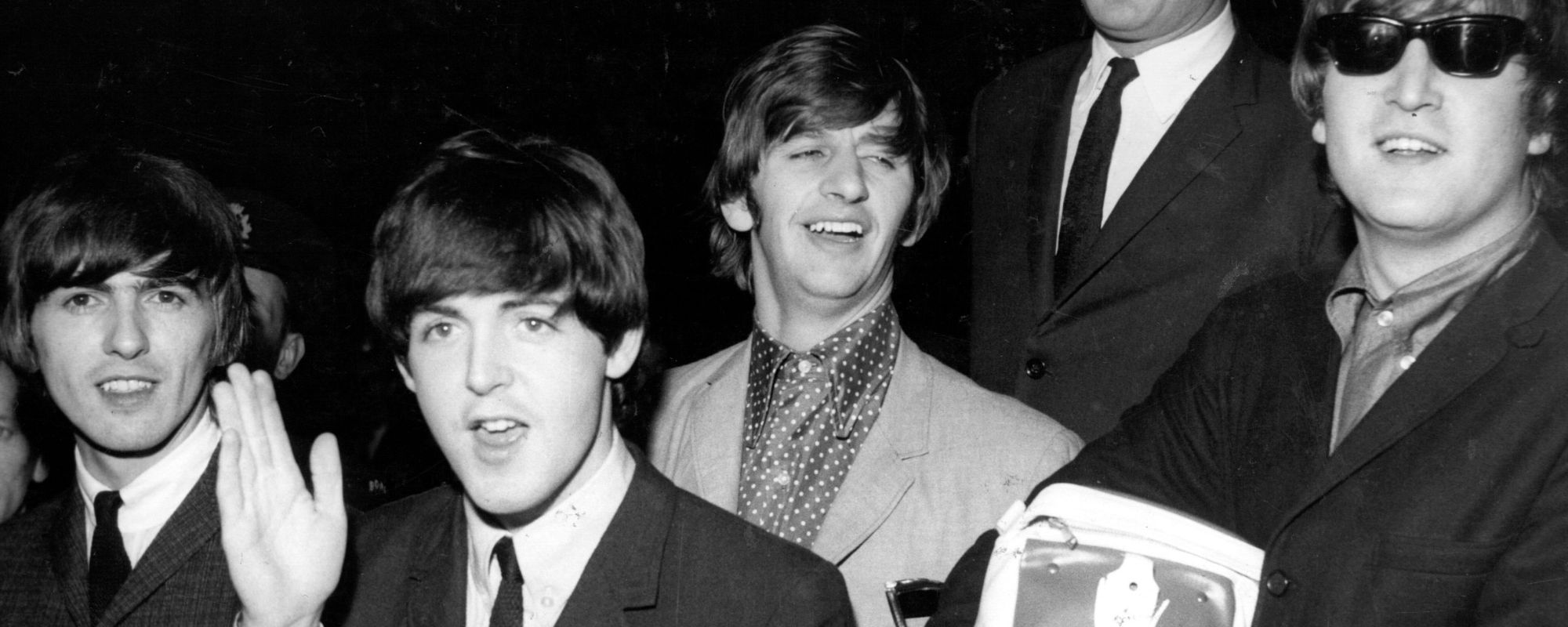
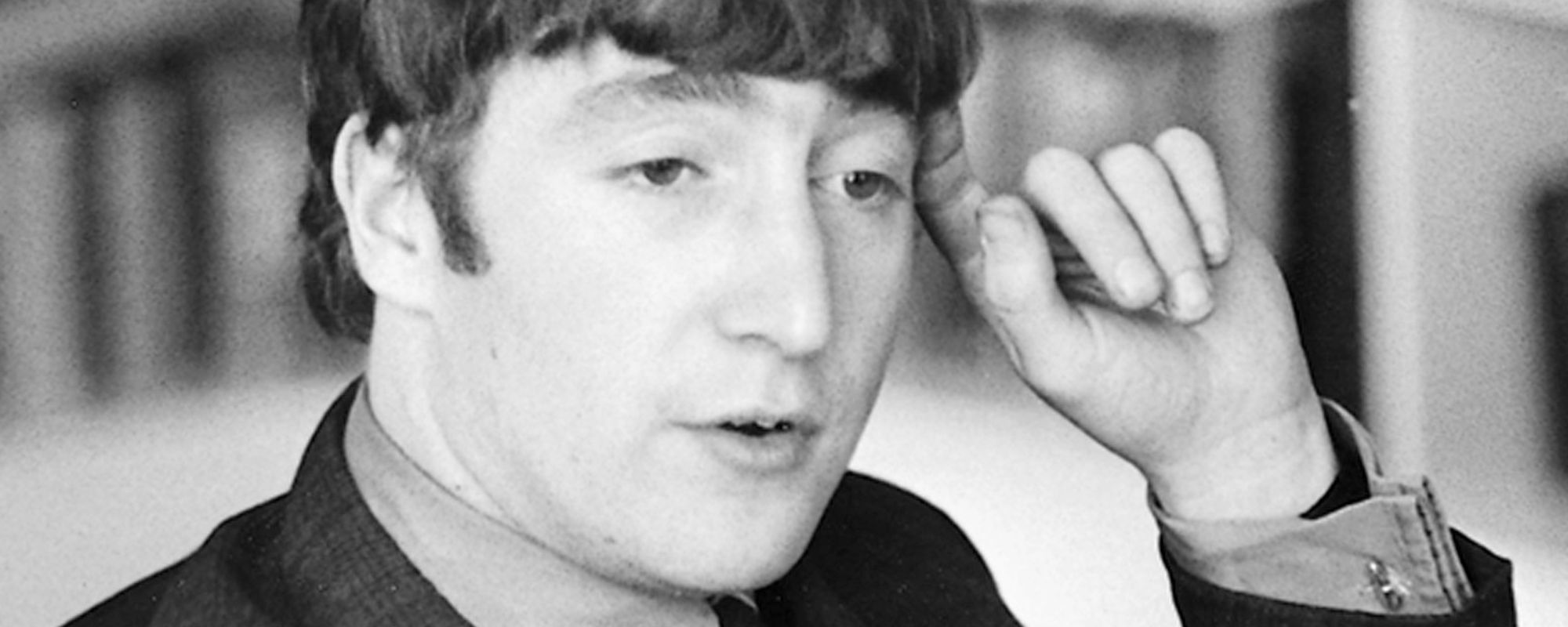

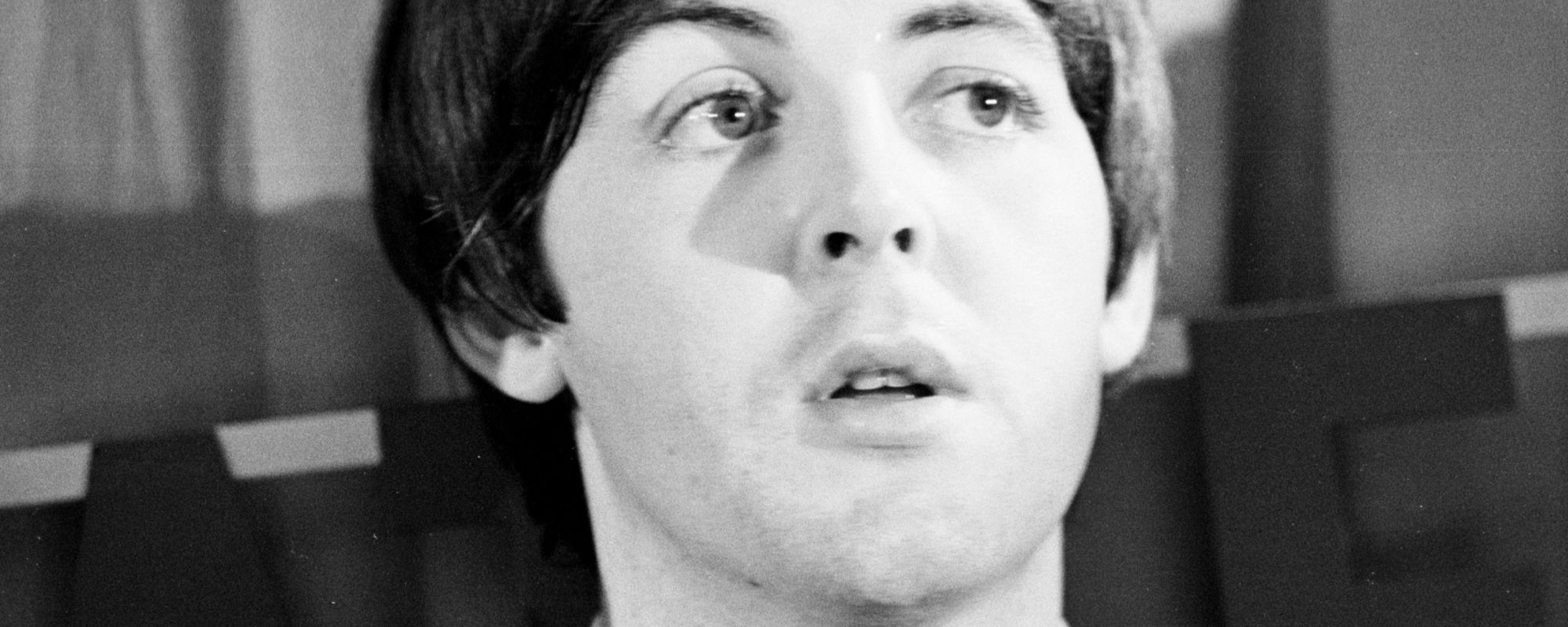
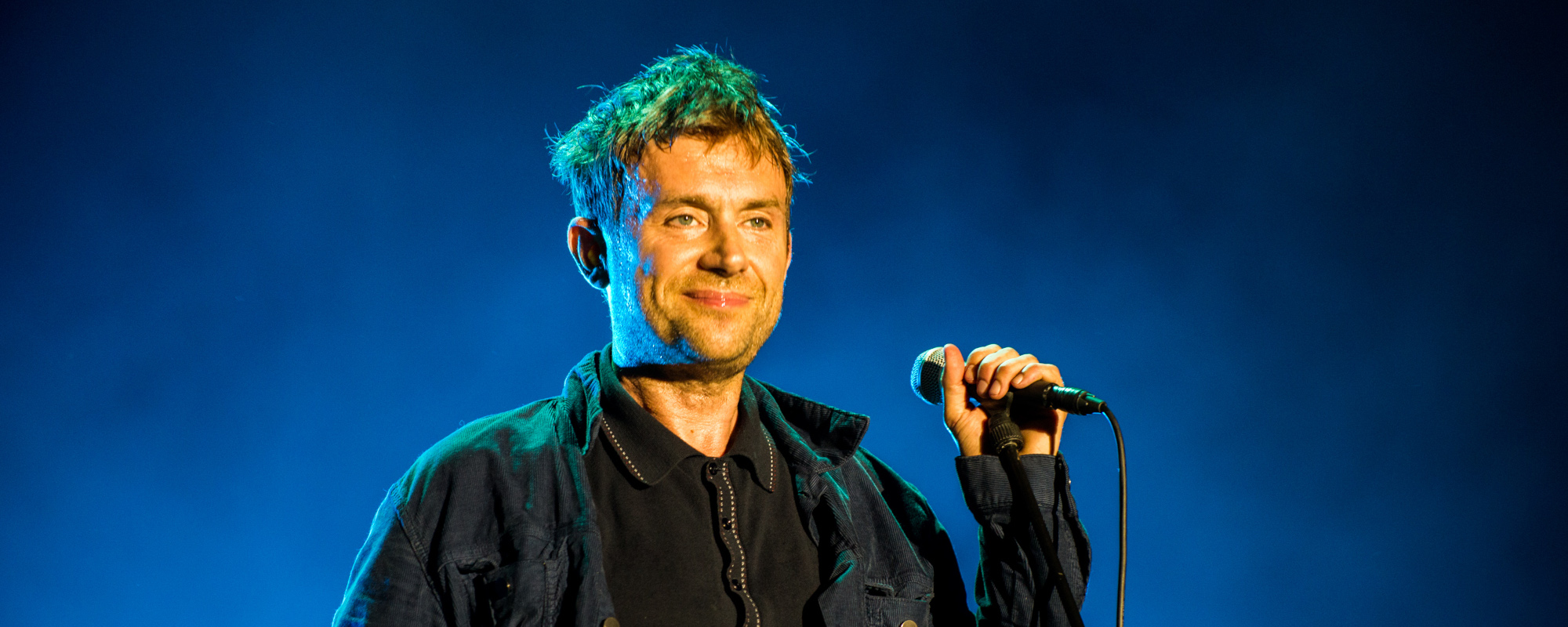
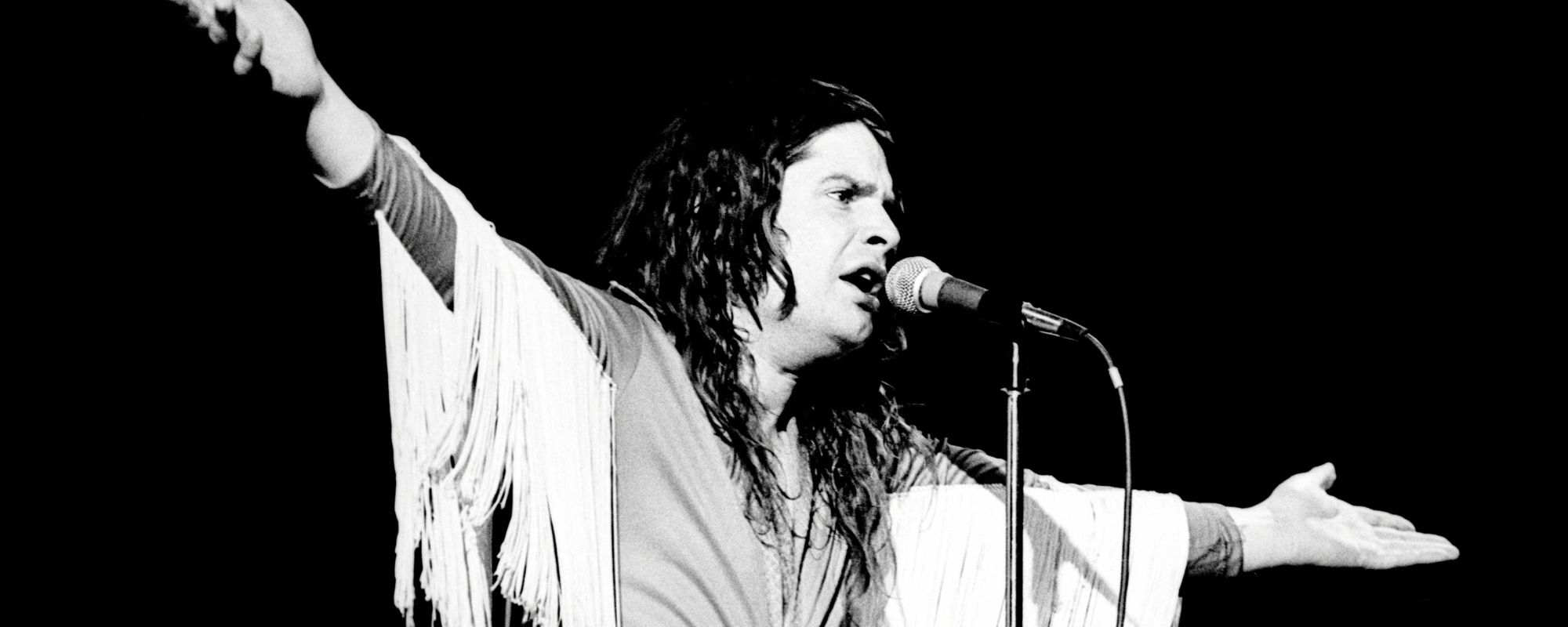
Leave a Reply
Only members can comment. Become a member. Already a member? Log in.